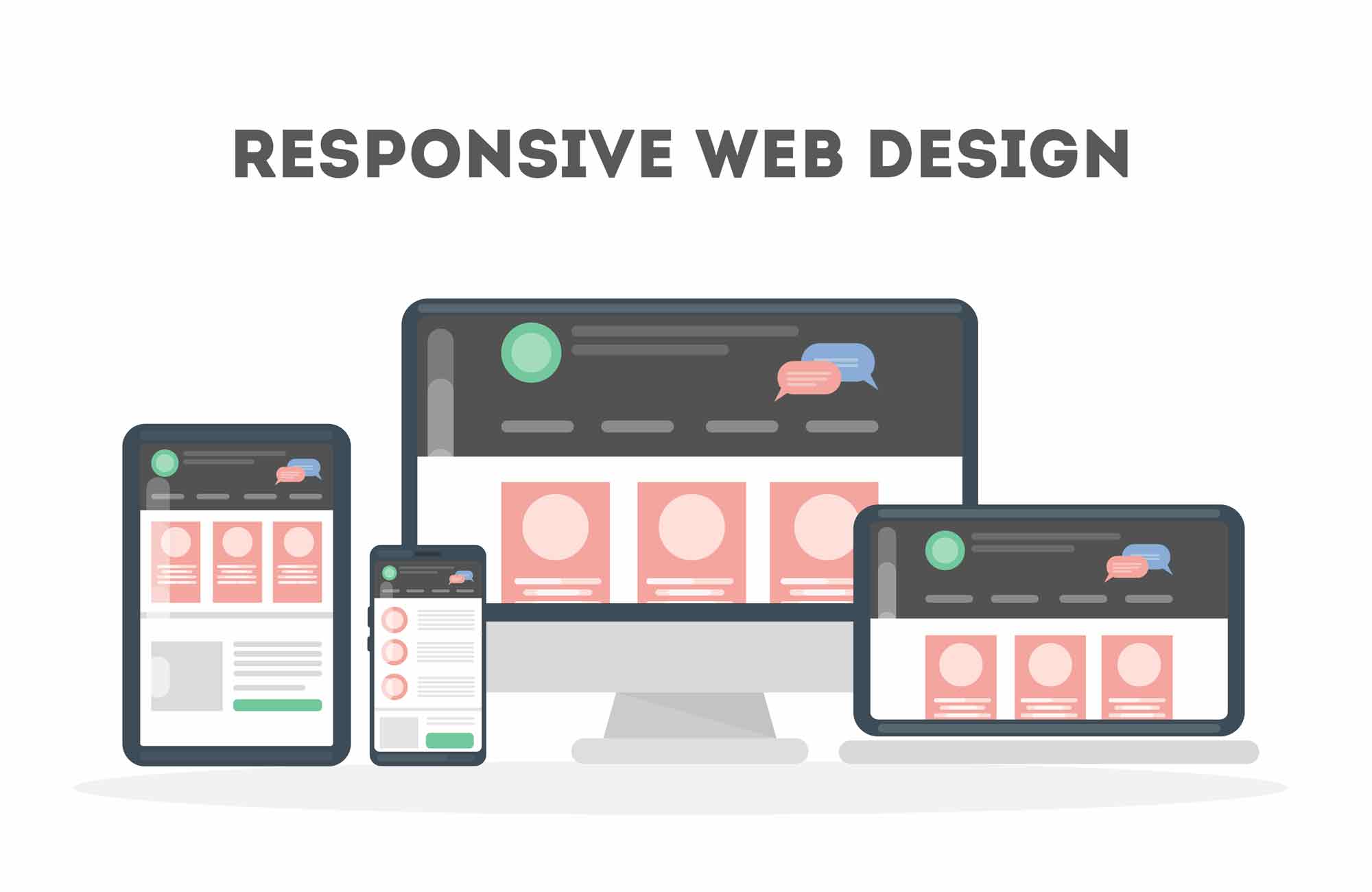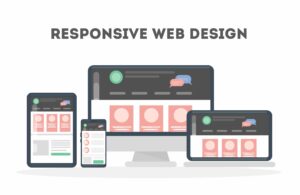Responsiveness of the website is one of the standards of the world today. Nowadays, most websites need to be optimized for mobile phones and tablets.
This makes menus and content blocks display well on smartphones and tablets. Responsiveness is one of the SEO standards for ranking sites in Google.
The importance of website responsiveness
Responsiveness of the website not only improves the SEO and ranking of your site, but also makes the user experience with your site favorable. If the users and audience of your site enter your site with a mobile phone or tablet, the responsive feature will make them view the site regularly and safely.
If the site is not responsive, the contents of the site will be messed up or displayed very small and incomprehensible to the user. This causes severe user dissatisfaction.
Advantages of responsive website
If you want to know why having a responsive design is a priority, here are three main advantages:
Improve user experience
Access to content that is properly configured on any device (including computers, laptops, tablets, smartphones) greatly improves the user experience. Also, a good responsive design improves readability on the site, which increases the time spent on the website. As a result, user interaction with your site will increase and as a result, the bounce rate of your site will increase.
Also, regarding store sites and businesses, it makes sales and service provision more and better. In general, the proper design and responsiveness of the website has a great impact for commercial sites and businesses.
Improve visibility in search engines
Website responsiveness directly affects website SEO. Factors such as loading speed or removing duplicate content in mobile versions make it easier and better for users to access your site’s content. Google advises webmasters to implement best design practices on their websites by using responsive website design, using the same HTML for all devices, and using CSS media queries.
It doesn’t matter if your site is commercial or for personal branding and personal matters, the responsiveness of the website makes the content display correctly on any device.
Load the site faster
Responsiveness of the website improves the loading speed of the site on different devices. A better loading speed not only improves the user experience but also affects the improvement of the web position.
Important points in website responsiveness
Here are some good responsive design considerations and practices:
Take a mobile first approach when planning and designing, it will be easier to adapt elements from mobile to desktop.
Using the advanced concepts of minimalism to not complicate the pages with unnecessary elements has a great impact on the responsiveness of the website.
We should think more about the quality of components (atomic design) and less about the overall composition of each page.
The success of the responsive website process is when the content of a website is visually adapted in a specific way to provide a better user experience. For example, when we enter The New Yorker website, we can see all the options in the navigation menu in the header. However, if we access the web from a mobile device, the smaller screen size causes the navigation bar at the top left of the screen to appear as a drop-down menu.





